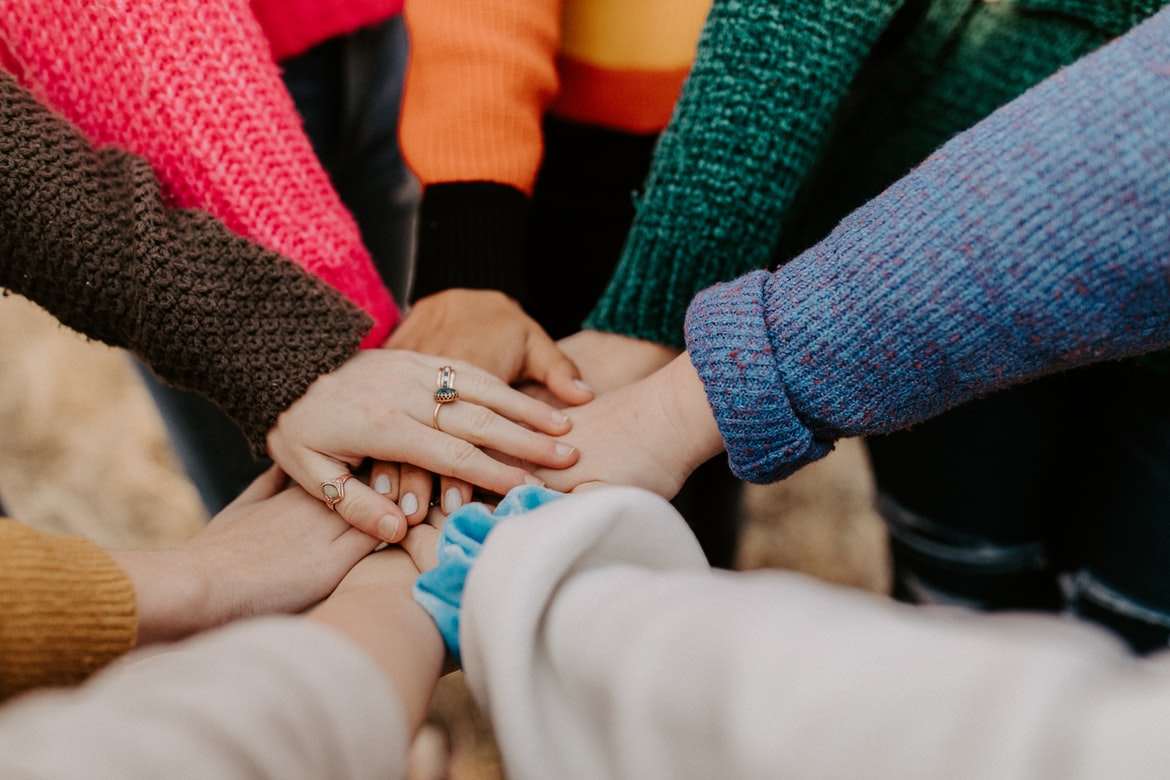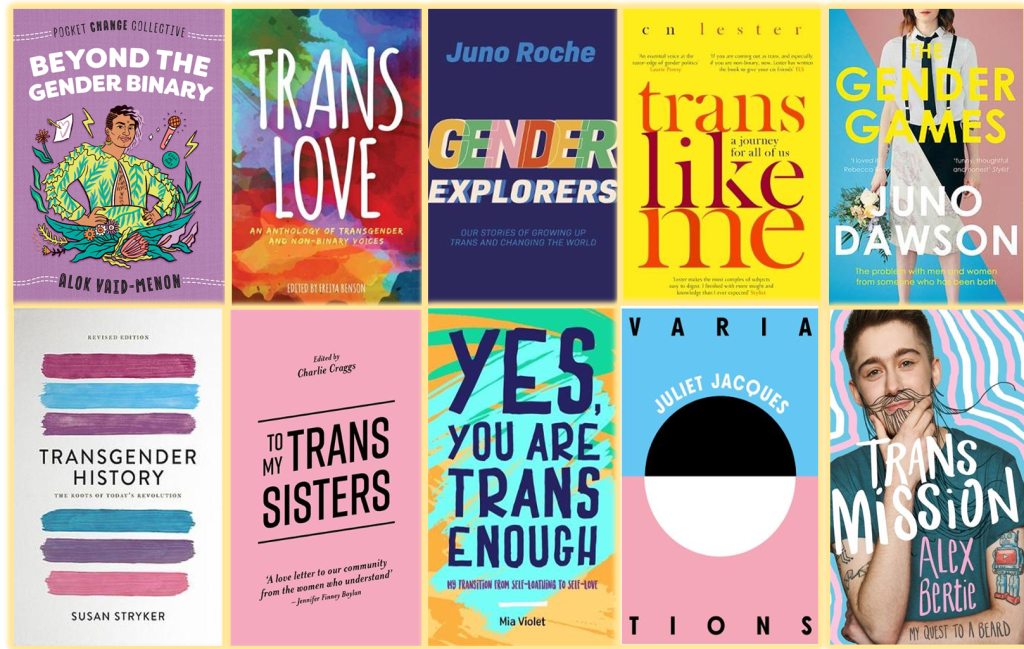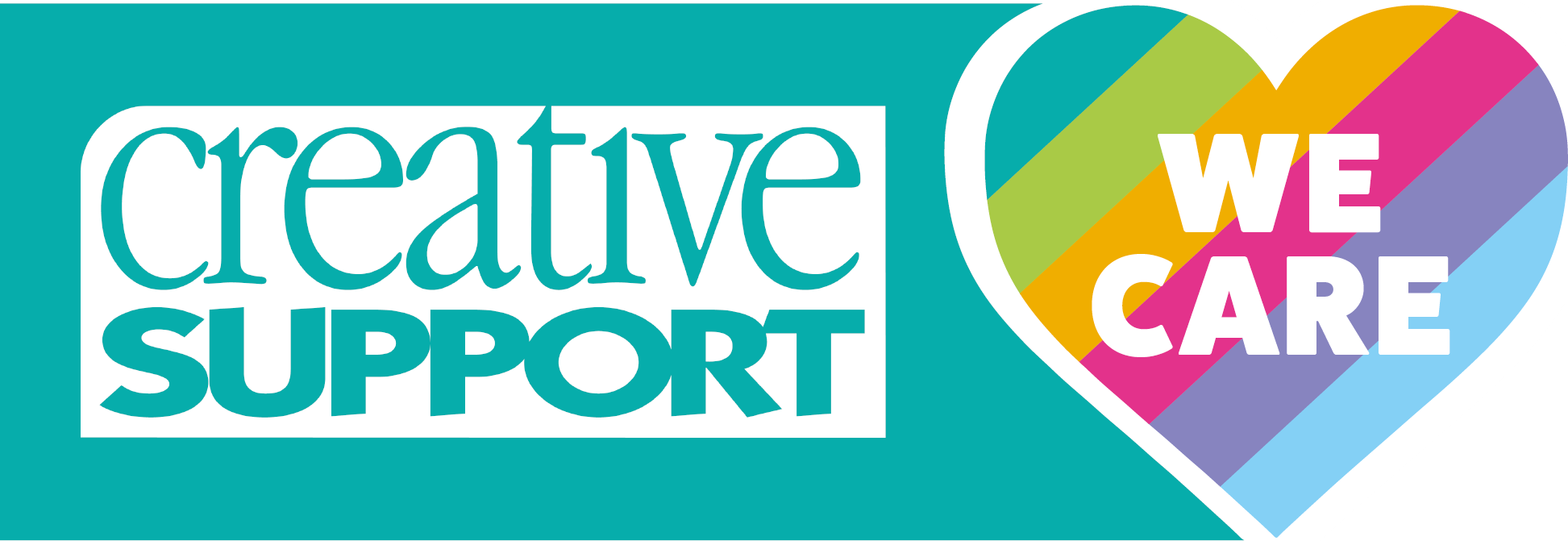Being an Ally

Whether you’re a new ally to the trans* community, or have trans* friends and family, there is always space to learn more about how to be a better ally to the trans* people in your life. This is not an exhaustive guide to being a good ally, but we hope that it provides a solid foundation of knowledge from which you feel empowered to do your own research and learning. It includes hints and tips on things that you can do to support the trans* people in your community, and resources to help you to continue your learning. If you feel that we have made any mistakes here and would like to suggest an amendment, feel free to contact the LGBTQ+ Network at LGBTQ.Network@creativesupport.co.uk.
This post comes from the LGBTQ+ Network. Throughout we will use the term ‘trans’ to encompass all trans identities under the umbrella, including non-binary and genderqueer, which is usually marked with an asterisk.
What is an Ally?
The word ally comes from the word ‘alliance’, which means to work together towards a common goal. Being an ally to the trans* community therefore means working with trans*people to address systemic inequality and transphobia. This is achieved through informed, accountable action which we’ll delve into more below.
The 4 A’s of Allyship
You can assess your allyship to the trans* community using the ‘4 A’s of allyship’:
Awareness: Do you pay attention to the language that you use, the behaviours that you engage in and the knowledge that you have relating to trans* people and their experiences?
Analysis: Do you have a comprehensive and informed understanding of how systems of oppression affect trans* people?
Action: Do you proactively engage in actions which support trans* people in your community and respond effectively when you witness transphobia in action, such as intervening if somebody says or does something which would harm a trans* person?
Accountability: Do you have other people who you can learn from and have open discussions with? This could include trans* people or fellow ally’s who are dedicated to learning and growing with you.
If you answered no to some of these questions- don’t worry! Being a good trans* ally is a journey which requires continuous learning and reflecting. The fact that you are reading this article is an excellent place to start! Nobody expects you to be perfect, but working towards the 4 A’s of allyship will help you to be a good ally to the trans*people in your life.
Awareness
A great place to start to expand your awareness as a trans* ally is to learn the terminology which is used when discussing trans* issues. Please check out the article on Trans Awareness here, which details the importance of language. It explains the terms used within the LGBTQ+ community to deepen your understanding and give you the confidence to have good conversations.
Analysis
Improving your analysis of trans* issues requires learning about how systems of oppression and transphobia affects trans* people. One way that you can do this is by reading! Here is a list of books which will help you to better understand the lives on trans* and Non-binary people, so that you are better equipped to be a good trans* ally:
• Beyond the gender binary- Alok Vaid-Menon
• Trans Love- Freiya Benson
• Gender explorers- Juno Roche
• Trans like me- CN Lester
• The Gender Games- Juno Dawson
• Trans History- Susan Stryker
• To my trans sisters- Charlie Craggs
• Yes, You Are Trans Enough- Mia Violet
• Variations- Juliet Jacques
• Trans Mission; My Journey to a Beard- Alex Bertie

Action
Action means proactively engaging in actions which support trans* people in your community, and responding effectively if you witness transphobia. One simple way to do this is to correct people who use the wrong pronouns when talking about a trans* person, or intervening if you hear somebody say something harmful or derogatory about the trans* community. When you’re ready to do more, you can sign petitions which benefit trans* people, support organisations that support the trans* community and raise awareness among your friends, family and colleagues.
Accountability
Accountability means having open discussions about your allyship and allowing yourself to learn and grow from other people’s perspectives and opinions. In order to be truly accountable, you should make sure that these discussions include trans* people from a variety of backgrounds, ethnicities, races, genders and sexualities to ensure that your understanding is inclusive. When you are a new ally, it isn’t always easy to find these people, so instead you might want to include these perspectives in the media that you consume.
Becoming a good ally is a journey, and if you make mistakes while you’re learning- that’s okay! We are always learning, and making a mistake is a part of the process. Every step you take is progress, and will deepen your understanding to become a good ally and have great conversations. Even by reading this article you have taken another step!
For more information, keep your eyes peeled for the articles this week as part of Transgender Awareness week, or contact the LGBTQ+ Network via lgbtq.network@creativesupport.co.uk.
If you would like to discuss this topic further, please get in touch with Hazel Beddows, Head of the LGBTQ+ Network, via their email: hazel.beddows@creativesupport.co.uk.
